

Living Through the End of Nature
By Paul Wapner
By Paul Wapner
By Paul Wapner
By Paul Wapner
Category: Science & Technology | Domestic Politics
Category: Science & Technology | Domestic Politics

-
$25.00
Feb 08, 2013 | ISBN 9780262518796
-
Feb 12, 2010 | ISBN 9780262265706
YOU MAY ALSO LIKE

Too Much Fun
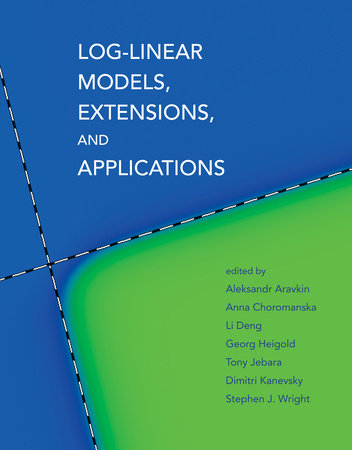
Log-Linear Models, Extensions, and Applications
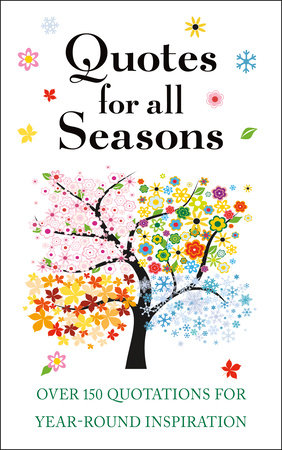
Quotes for All Seasons
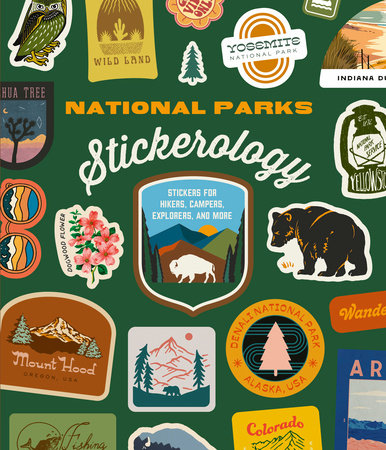
National Parks Stickerology

Computing Legacies
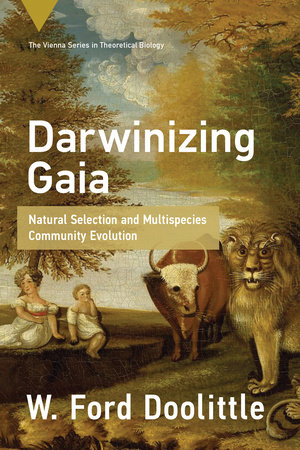
Darwinizing Gaia
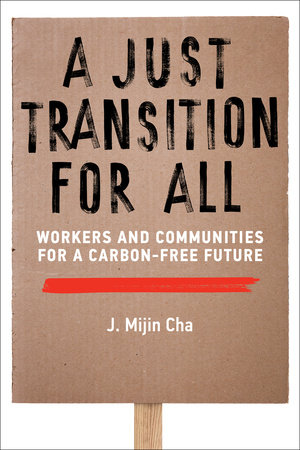
A Just Transition for All
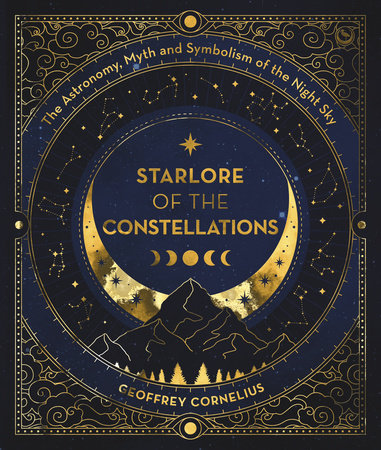
Starlore of the Constellations

Houseplant
Praise
In this insightful and well-structured book, Wapner points clearly to the dilemmas and difficulties in modern environmentalism. To survive and succeed, it has had to draw boundaries between good and evil, right and wrong, and humans and nature. Yet it is these very borders that have led to polarised dreams of naturalism and mastery. The truth is that there is no such thing as a single environmentalist movement—it is highly variegated. It will have to find a way into, as Wapner puts it, a ‘postnature age’.—Jules Pretty, Times Higher Education—
Wapner is right: environmentalists have to adjust to a world without pristine nature. And once they do, they are bound to invent environmental techniques that go beyond creating protected areas. In future, the wilderness may be less wild, but our cities, suburbs, farms and industrial sites will be wilder.
—Emma Marris, Nature—Wapner’s book is the most sophisticated analysis of the theoretical issues underlying contemporary environmentalism yet written. In easily accessible language, Wapner unveils some of the contradictions facing environmentalism. For example, he shows that while environmentalism ‘wants to preserve, conserve, and sustain the more-than-human realm, which involves minimizing our presence, reducing our footprint, and otherwise restraining our interventions,’ it is also ‘realizing that this cannot be done without extreme intrusion using some of the most sophisticated technologies and managerial types of control’…[His] ‘middle path’ involves a set of principles to inform environmentalist policies and a spiritual consciousness that requires mindfulness, heartfulness, a respect for the wildness both within nature and within ourselves, and a willingness to accept our state of not fully knowing how to maintain our awareness of the deep mysteries that abide both inside and outside ourselves—mysteries ‘whose wildness is crucial to maintaining our own sense of well-being along with that of the world.’
—Tikkun Magazine—21 Books You’ve Been Meaning to Read
Just for joining you’ll get personalized recommendations on your dashboard daily and features only for members.
Find Out More Join Now Sign In










